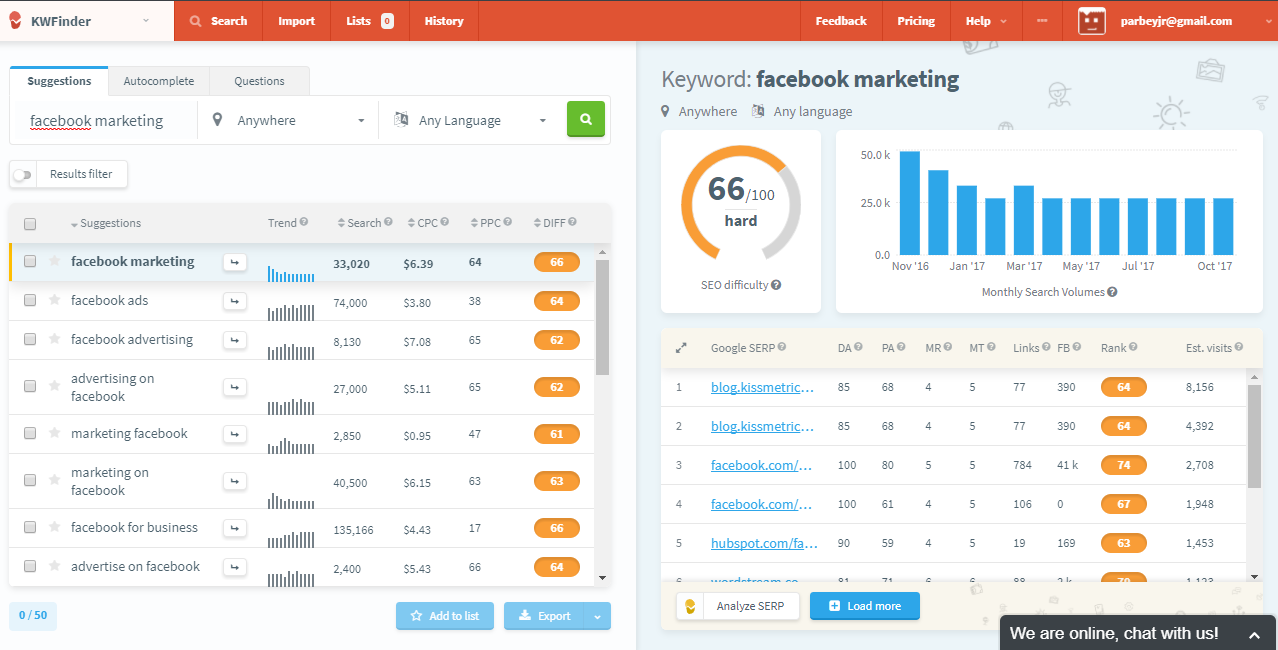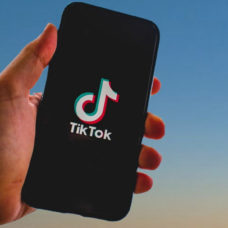Keep your page off the bottom of everyone’s search results by checking out our 2018 SEO ranking checklist.
In the digital world, search engine optimization has been an absolute necessity. Things are changing. SEO experts like Neil Patel are evening talking about the “Death of SEO”.
Like everything else digital, common practices change so fast that it’s easy to get left behind. SEO isn’t dead yet, but it is time to update our ‘best practices’ list for SEO rankings in the year 2018.
Don't get left in the digital dust! #newSEOtips #noticemeGoogle!Click To TweetSo sit back, take some notes, and get ready to stay on top of those Google searches.
Let’s get started:
1. Respect the Google-bot
When you’re trying to improve a page’s ranking, it’s important to remember how Google finds your page for its output. Google uses web-crawlers to find your page and if your content isn’t easy for the bot to navigate, you’ve already lost the game.
Learn how to make things easy for the humble Google-bot and the world of SEO will remain open to you. You can achieve this by seeking out and hiring someone versed in technical SEO. The hope is that this person will create clean sitemaps for your site which will make them easy to index by Google crawlers.
2. Do your Keyword Research
If you don’t do your keyword research, you’ll never increase your page’s ranking. A great resource for this is KWFinder. It shows you search volumes, ease of ranking, and the top sites already ranking for that keyword. In addition, you’ll also see closely related keywords and synonyms.

Start with guessing a given user’s intent and come up with a primary keyword. From there, try to come up with as many related keywords as you can, and center your research around those. If you’ve properly guessed the intent, then your keyword research can help take your page to the top.
Don’t underestimate long-tail keywords. These can be a section or the entirety of your content title, but typically are a longer phrase that you can imagine people searching. For example, “Know the Difference Between AI, Machine Learning, and Deep Learning“.
This is both the title and the long-tail keyword of one of our more successful articles. We already had content targeting the keywords “AI”, “Machine Learning”, and “Deep Learning”. For that reason, we didn’t want to use those in this article. At the same time, we could easily imagine people searching for “the difference between AI,” and so this long-tail choice seemed ideal. As it turned out, people do search for this term quite often.
3. Find out What Google Thinks is Relevant
This tip will require some research on Google’s SERP, or search engine results page. This goes hand-in-hand with your keyword research and will help you fine-tune the kind of intent you should be basing your SEO efforts on.
Try doing some searches for your intent. You might find a ton of competition, which is useful to research what kinds of pages are currently ranking. If you’re lucky, you might even find nothing. That can be a double-edged sword because it means that your intent is either dead wrong or will be fantastically easy to rank for.
4. Put Your Best Person on the Front Lines
If you have content on your site, then you should be proud of it. If you have multiple content contributors, though, then you need to pick a star. If you have someone who consistently makes credible, authoritative content, then you need to find a way to amplify their content.
Google picks up on things like credibility. If a link fails to give authoritative results, users will click on other links in the list. After a while, Google will realize that their top search term isn’t satisfying the user, and it’ll rank other pages higher.
5. Don’t be Afraid to ‘get Meta’
If you don’t already know how to set a good meta description, then you need to do some research on the subject. That little snippet of information determines how Google ranks your page so optimizing it is an absolute must.
If you make your meta description pop by utilizing hot keywords your page has a much better chance of ranking highly.
The meta description should at once summarize and be a hook for your content. Many times, if the meta description doesn’t interest the reader, they won’t click on your search result. Ensure it has the most useful and easily digestible information available.
6. Related Keywords Make for a Happy Homepage
If your keyword research stopped at the ‘best’ one you found, you’re doing it wrong. Using semantically related keywords increases the chance that Google is going to see your page as relevant. Remember, Google’s web-crawlers are much better at noticing text than they are at analyzing images and videos.
So say it with me now: One good keyword is not enough. Ever.
7. Enhance Your Visibility
This one is mostly for those in media or any other field that consistently uses compelling images and headlines.
Read More: Everything you Need to Know About Featured Snippets in Google Search
Be aware of the ‘snippet’ that is displayed when your page shows up on a SERP. A better snippet gives you greater visibility when your page comes up in a search. Plus, Google tends to like it when the credit for the featured visual lines up with the snippet.
8. Loading Times are Crucial
Fast loading times and a secure page is great for more than just your users. If your site doesn’t sport an HTTPS at the beginning, Google is less likely to care about you.
The reason behind this is mainly because Google cares about its users. HTTPS has been a focus for Google over the last couple of years, so err on the side of caution and work on your page optimization. If possible, they’ll point people toward the safer site, and that should mean you.

Plus, remember when I mentioned how users bouncing off your page is bad for your ranking? Well, expect users to be in a hurry and optimize your loading speed accordingly. Faster load times on a secure site will seem far more legitimate, which should help reduce your bounce rate. With luck, it’ll also keep your ranking stable.
9. Who is Going to Amplify This?
The people (or pages) you associate with can make or break you, professionally. And Google knows it.
When you have solid links and mentions from authoritative sources around the web, that gets noticed by Google’s crawlers. If you’re getting callbacks from major outlets, you are almost guaranteed a top spot in the SERP.

Domains with links back to your site are called referring domains, and they are extremely important to your overall domain authority. Ahrefs is a great analytics tool for keeping an eye on these factors.



















Comments (0)
Most Recent